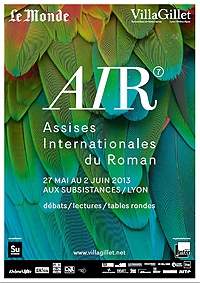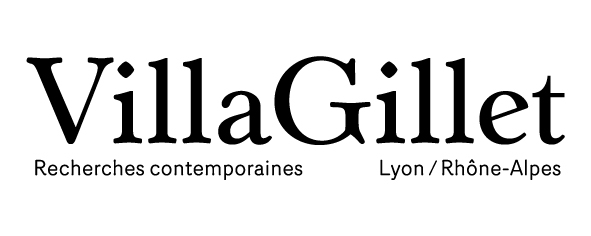Hugo Hamilton on memory and fiction
![[title-image]1332154745618[/title-image] all rights reserved](https://cle.ens-lyon.fr/anglais/images/hamilton_1370859969345-jpg)
It’s a stormy night in Dublin. My father comes into the bedroom to close the window. But the old sash window is rotten. As he tries to pull it down, the wooden frame comes apart in his hands like a piece of fruit cake. The glass is smashed. So my father has to find a way to cover over the gaps. He looks around and picks up the nearest thing at hand. In the corner of the room there is a map of the world, a big rolled up school atlas which he’s kept from the time he was a schoolteacher. He rolls it out and nails the atlas up against the window frame. It’s a temporary solution, he says. Go to sleep. So that’s how I fall asleep, with the wind blowing across the world, flapping at the oceans and the continents. The world is there in the morning with the sun coming through.
It is a temporary solution that I am Irish. I live in Ireland. I was brought up in Ireland and see the world from the viewpoint of my bed, at home in Dublin. That is my entry point, so to speak, and there is something about this physical place of origin which is like the angle of sunlight in a painting, it remains fixed, dictating a lifelong relationship with the world. It’s in my writing, it’s in my shoes.
But there is also something about my origins which bravely refuses to be fixed down, something unsettled, something vagrant about that viewpoint as an Irish writer which is attempting to escape away across that map of the world and look back at Ireland from a safe distance. Imaginatively, we have always been migrants. Because being Irish also means not being Irish. The words we use for those sacred concepts of home and identity have become so unstable. They carry an inherent irony. Words are a form of confinement as much as they may be attempting to liberate meaning, they contain within them the opposite of what was intended. And what we say to describe Irish writing might also be, in the best sense, a joyful contradiction, a form of playful dissent and looking back from a distance at what we have already left behind.
Writers are by nature scavengers, collectors, archaeologists, members of the forensic team picking over the scene of a crime. Irish writing is an inquest into what is happening to us. And perhaps the viewpoint of Irish writing has always been reversed, we piece together the evidence of ourselves by making the comparison with elsewhere. We pretend to have come from far away, as if this is the first time we have set foot in our own country. When we are writing about Ireland, we are secretly writing about all those other places we can only imagine. We recreate what is familiar to us in order to understand the world map to which we belong.
My own work has been characterized, I suppose, by the fact that I have two sets of origins and the world view of my childhood became blurred by having and Irish father and a German mother. Two sets of history like two sets of cutlery. Objects which come in three different languages. Insects which remain German first and then become translated into Irish and once again into English, like three different species. Separate memories that will always belong to the country of origin, like the angle of sunlight coming from elsewhere.
Some of my work has been set in Berlin, some in Dublin, some in both places at once. I have always lived with what I would call a daily migration every time I walk out the front door. In some ways, this experience of being German and Irish can be described as unique, in other ways it can be viewed as part of the Irish experience of always being in between two places, at home and abroad, scattered across the globe.
We write in order to find out where we are and what our story is. It is clear to me as a writer that nothing is made up. There is no such thing really as fiction, only events that have already happened in one way or another happening again in more and more fantastic ways through the imagination. What we do when we write is trying to keep up with our memory. So perhaps that is what Irish writing is all about, an exorbitant imagination. We are describing what is happening not only in Ireland but also elsewhere around the world as a way of looking in the window at ourselves, at home.
Pour citer cette ressource :
Hugo Hamilton, Hugo Hamilton on memory and fiction, La Clé des Langues [en ligne], Lyon, ENS de LYON/DGESCO (ISSN 2107-7029), juin 2013. Consulté le 31/10/2025. URL: https://cle.ens-lyon.fr/anglais/litterature/entretiens-et-textes-inedits/hugo-hamilton-on-memory-and-fiction



 Activer le mode zen
Activer le mode zen

